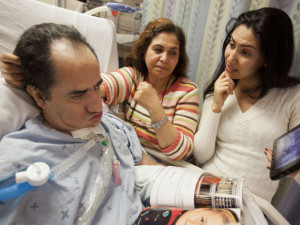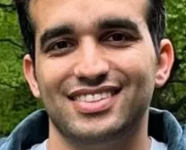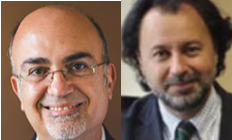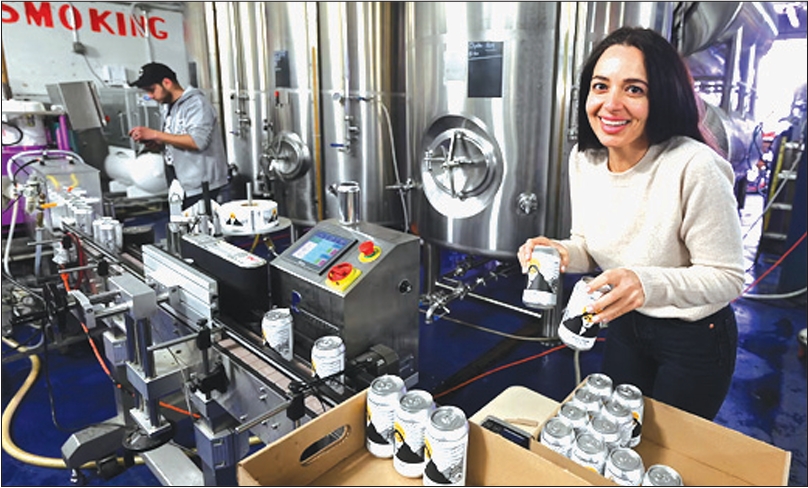February 07-2014

An Iranian-Canadian will shortly be moved out of a Toronto hospital that has wanted to pull the plug and leave him to die
He was at the center of a recent Supreme Court ruling that barred doctors from deciding whether a patient lives or dies. He will be transferred from the hospital where doctors had fought to withdraw life support against family wishes to another health-care facility.
Hassan Rasouli, 61, has been in Sunnybrook Health Sciences Center’s critical care facility since October 2010 after contracting a severe infection following the removal of a benign brain tumor. Bacterial meningitis and ventriculitis left Rasouli in a coma with widespread injury to his brain as well as damage to his brainstem and spinal cord.
Doctors at the hospital determined Rasouli to be in a Persistent Vegetative State (PVS), dismissing evidence his family members say they witnessed that contradicted the doctors’ conclusion.
Concluding that Rasouli had no hope of recovery, doctors decided to withdraw all treatments, including ventilation. But the family disagreed with the diagnosis and sought a court injunction to prevent the withdrawal of life-sustaining treatment.
The case finally wound its way to the Supreme Court of Canada, where the justices ruled last October—three years after Rasouli went into the coma—that doctors cannot “unilaterally determine” to withdraw life support against a family’s wishes.
Along the way, the doctors withdrew the diagnosis that Rasouli was “vegetative,” but doctors now say he is in a “minimally conscious” state.
Transferring Rasouli out of Sunnybrook hospital to West Park Healthcare Center has pros and cons for the family.
While the family is relieved that Rasouli will no longer be under the care of the doctors who fought for his death, they are concerned about a monthly basic accommodation fee of $1,700 that they would have to pay, saying that they cannot afford the cost.
The Toronto Star is reporting that the fee is negotiable depending on a family’s financial circumstances.
Rasouli’s wife, Parichehr Salasel, who is a doctor, said she is pleased about the transfer since the facility offers more rehabilitative services that she feels will help her husband recover.
When the family went to court, the justices at three court levels sided with them. Before the Supreme Court, two lower courts ruled that under Ontario’s Health Care Consent Act (HCCA), Rasouli’s doctors need to have Salasel’s consent to withdraw life support, and that, if she refused, they would need to refer the case to the province’s Consent and Capacity Board.
But rather than go to the Board, Rasouli’s physicians, Dr. Brian Cuthbertson and Dr. Gordon Rubenfeld, appealed directly to the Supreme Court.
In October’s 5-2 decision, Chief Justice Beverley McLachlin wrote that the HCCA provides a mechanism for resolving the dispute. She also said that under the act, medical treatment is more than just what doctors consider to be of “medical benefit” to a patient and that even end-of-life care is a treatment.
“While the end of life context poses difficult ethical dilemmas for physicians, this does not alter the conclusion that withdrawal of life support constitutes treatment requiring consent under the HCCA,” she wrote for the majority.
Rasouli’s physicians argued consent was not required to withdraw life support where such treatment was “futile.” But the court disagreed.
“By removing medical services that are keeping a patient alive, withdrawal of life support impacts patient autonomy in the most fundamental way,” McLachlin wrote. “The physicians’ attempt to exclude withdrawal of life support from the definition of ‘treatment’ Ö cannot succeed.”
For Rasouli’s doctors, the decision means they must now refer the matter to the Consent and Capacity Board, since the family will not give consent to withdraw life support. But in the three months since the Supreme Court decision, they have not done that, prompting some to think they are giving up the effort.
Lawyer Edward Prutschi, of CrimLawCanada.com, says the court did not want to hand doctors the right to make such decisions all on their own, contrary to the wishes of the family. “And that’s the reason that Ontario has a Consent and Capacity Board that is made up of doctors and ethicists, which will make the determination,” Prutschi told CTV News Channel.
“And so the Supreme Court has said, ‘Look, there’s a system in place when this type of decision is contemplated. This meets the definition of treatment. Don’t come to us; go to them’.”
Mark Handelman, a lawyer and former member of the Consent and Capacity Board, says the board is comprised of doctors, psychiatrists, community members and lawyers such as himself. He maintains that the board is better equipped to resolve life support cases than the courts.
“It’s probably heard more end-of-life care cases than all the courts in Canada put together,” he told CTV News Channel. “It is an expert tribunal. They’ve heard these cases since the Health Care Consent Act was enacted in the mid-90s. And while it’s not perfect, it’s better than forcing people to start lawsuits and go to court on these matters.”
Following the decision, Salasel told reporters she was pleased with the decision and reiterated that she believes that her husband is aware.
She said for the first three months after the meningitis, Rasouli was in a full coma, but she believes he has since improved and now “understands everything that happens around him, but he cannot respond.”
She told reporters she believes her husband wants help and she will do everything she can to help him.
Dr. Charles Weijer, a physician and bioethicist at University of Western Ontario, says the Supreme Court has upheld the notion that patients and families have a voice in end-of-life decisions.
“How we die is an enormously important part in everyone’s life; it’s the final act and the final chapter,” he told CTV News.
“That doesn’t mean that patients and families can dictate precise treatment they’re going to receive at end of life, but upholding notions like patient dignity, autonomy and values requires that we give voice to patients and families in these decisions.”

























